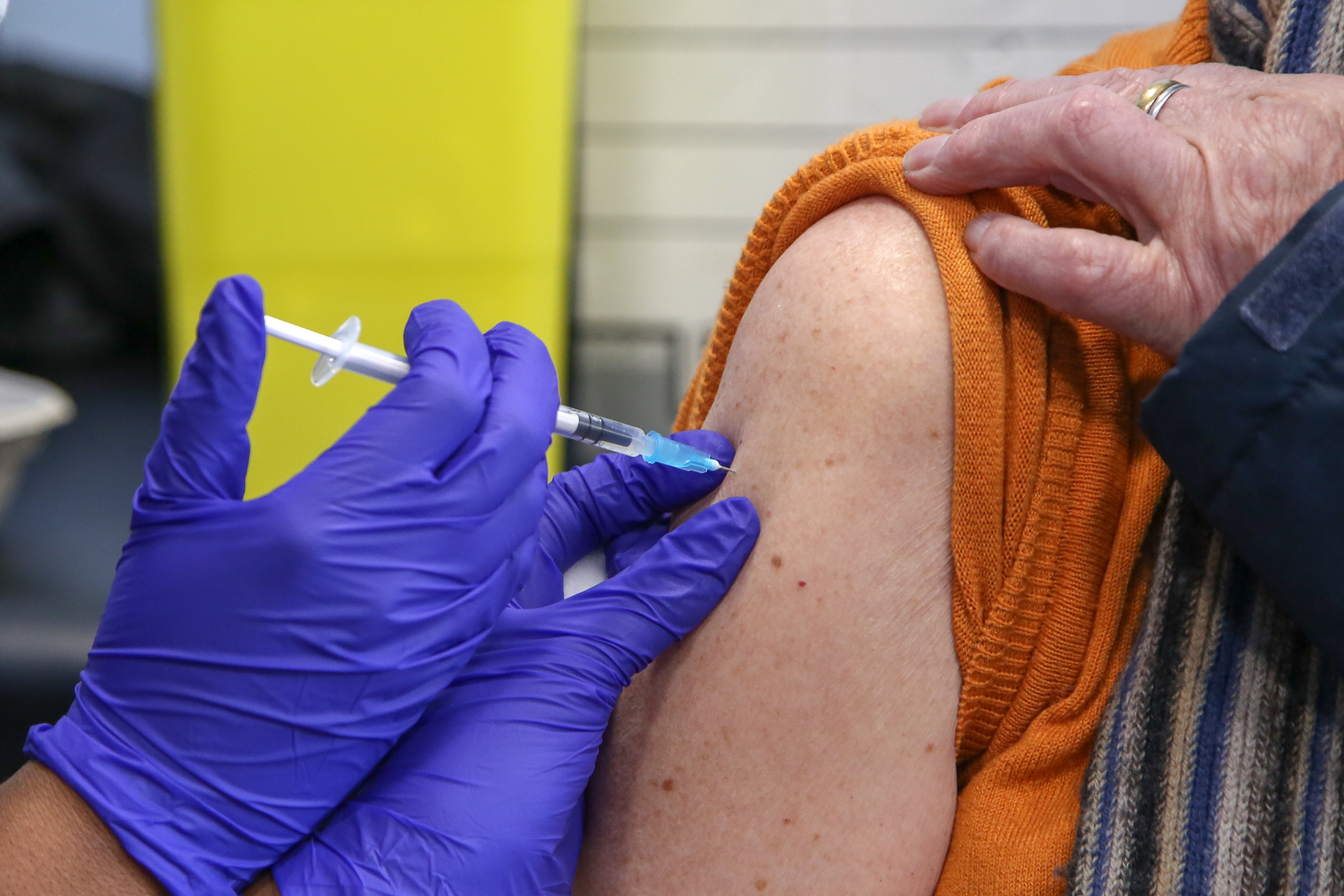by Andrew Jones —

HELSINKI — A group leading China’s national low Earth orbit communications megaconstellation has founded two new firms to help develop the project, but overall plans remain vague.
China Satellite Network Application Co., Ltd. and Chongqing Satellite Network System Research Institute Co., Ltd. were established in Chongqing Liangjiang New Area, Dec. 29, to jointly construct a satellite Internet industry system in the city of Chongqing, Chinese language state media Science and Technology Daily reports.
The companies were unveiled following meetings between representatives from China Satellite Network Group Co. Ltd., established in April 2021 to oversee the development of China’s national broadband constellation, and Chongqing city officials.
Group chairman Yang Baohua noted Chongqing to offer advantages in terms of strategic location, a strong economy and human resources and links to the Belt and Road initiative and the Yangtze River Economic Belt, while the satellite cluster would benefit the economic and social development of Chongqing, according to the report.
The development marks another step in China’s national plan to establish a LEO satellite internet constellation. The project would seek to fill gaps in terrestrial communications, provide services to rural areas and compete with Western constellations currently planned and being built out. However the China Satellite Network Group has yet to release details of the project or its prospective partners.
ITU filings made in 2020 indicate China plans a constellation of just under 13,000 satellites in low Earth orbit to provide global communications.
The project appears to have broad support, including at the top levels. China’s National Development and Reform Commission (NDRC) added “satellite internet” to a list of “new infrastructures” in April 2020, spurring local and provincial policies seeking to foster and support satellite and space sector clusters in cities across China, such as Shanghai, Beijing, Wuhan, Guangzhou, Beijing, Shenzhen, Chengdu, Xi’an, Changsha and Wenchang and the Yangtze Delta region.
The recently approved 14th Five-year Plan for the period 2021-2026 and “long-range objectives through 2035” call for an integrated network of communications, Earth observation, and navigation satellites.
The new companies are not the first satellite internet firms to be founded in Chongqing. In late 2018 the China Aerospace Science and Technology Corporation (CASC), the country’s main space contractor, founded Dongfanghong Satellite Mobile Communication Co. Ltd., in Chongqing Liangjiang New Area to take charge of CASC’s Hongyan LEO communications project.
Hongyan was to consist of more than 300 satellites. CASC stated plans to have an initial 60 satellites in orbit by 2022. Only one prototype was launched, Hongyan-1, in 2018.
Hongyan and Hongyun, another LEO communications megaconstellation planned by CASC’s fellow giant state-owned defense company, the China Aerospace Science and Industry Corporation (CASIC), have apparently been superseded by the national project.
The settling of the new companies in the same area as CASC’s earlier project, which initially drew investment of about $3.14 billion, could however indicate a big role and influence for CASC in the national project.
Both CASC and CASIC—the latter with a new industrial base established in Wuhan—have a capacity to manufacture LEO communications satellites.
Players in China’s nascent private and commercial could potentially play a role in the project, though this is unclear.
Beijing-based Commsat announced Dec. 30 that its 220-kilogram, Ka and V band broadband communication test satellite had passed a factory review. The firm describes itself as an active participant in satellite internet infrastructure construction in China.
Another Beijing satellite communications company Galaxy Space meanwhile is preparing to launch a batch of six LEO communications satellites in the first quarter of the year on a Long March 2C rocket.
The activity suggests a level of competition among non-state-owned actors in China for potential involvement in the national satellite project. Demonstration of effective operations on-orbit in the near future could be crucial.
The State Administration of Science, Technology and Industry for National Defense (SASTIND), which oversees areas of the country’s space activities, issued a notice on promoting the orderly development of small satellites in May 2021 to provide a level of guidance to commercial companies. The notice touches on areas including frequency use, production, on-orbit safety, launch applications and collision avoidance capabilities.
While the plans for manufacturing and deployment of the national megaconstellation are unclear, China recently expressed concerns over SpaceX’s Starlink operations.
Beijing informed the United Nations in Vienna of two close approaches by two separate Starlink satellites operated by SpaceX to the crewed Chinese space station, in July and October 2021 respectively.
The note requested the UN remind states of their international responsibility for national activities in outer space.
Note: This article have been indexed to our site. We do not claim legitimacy, ownership or copyright of any of the content above. To see the article at original source Click Here













